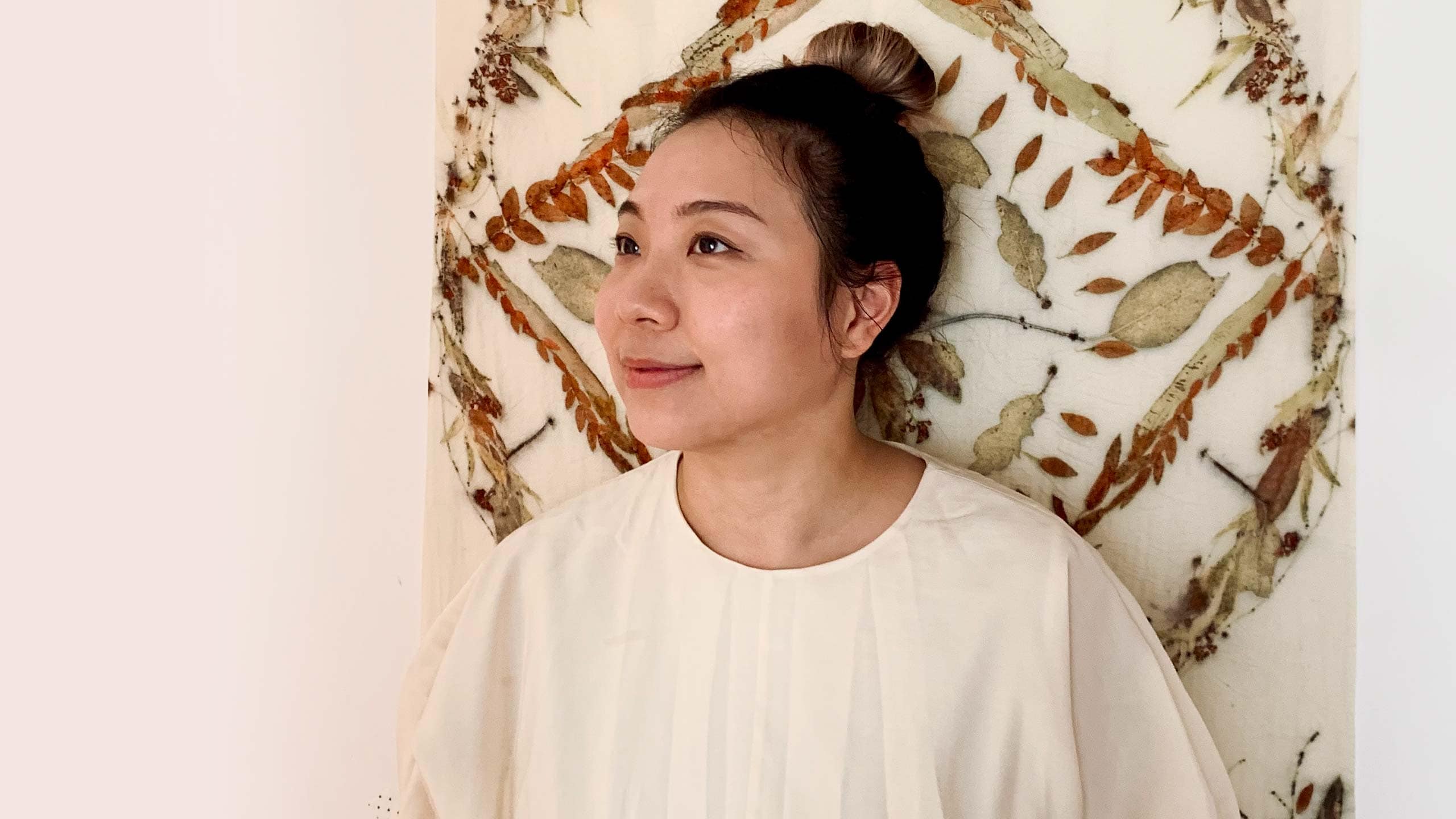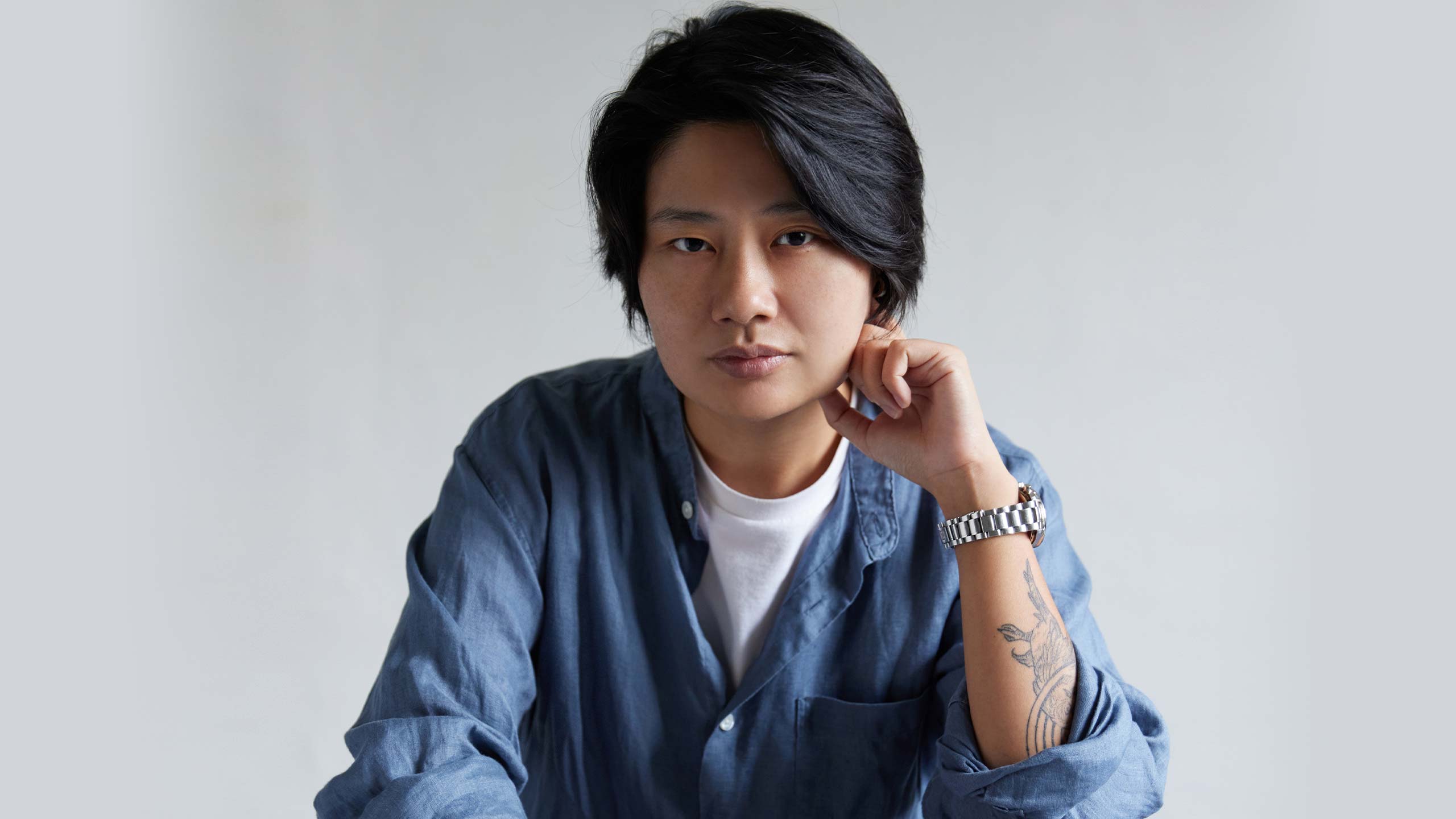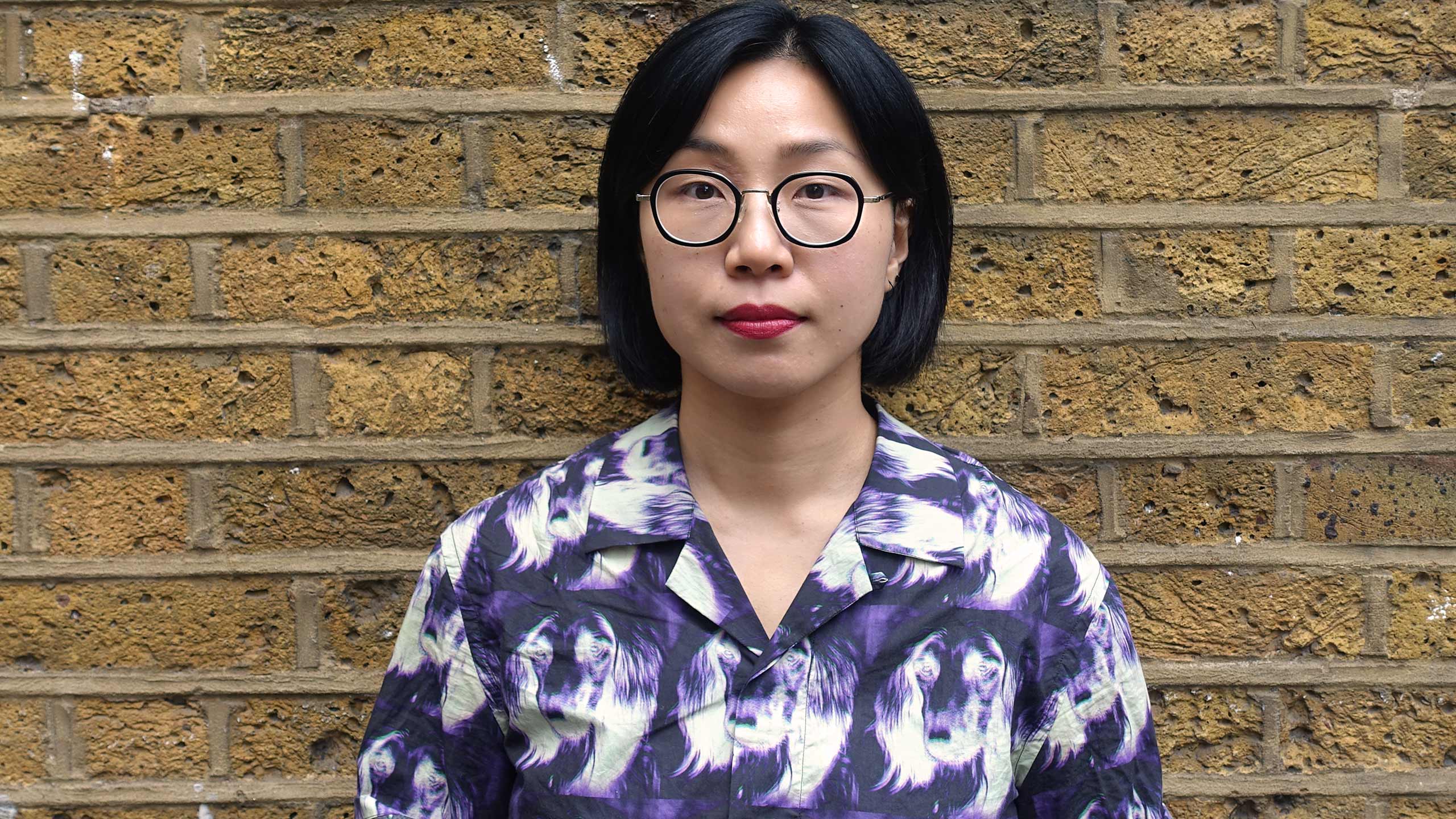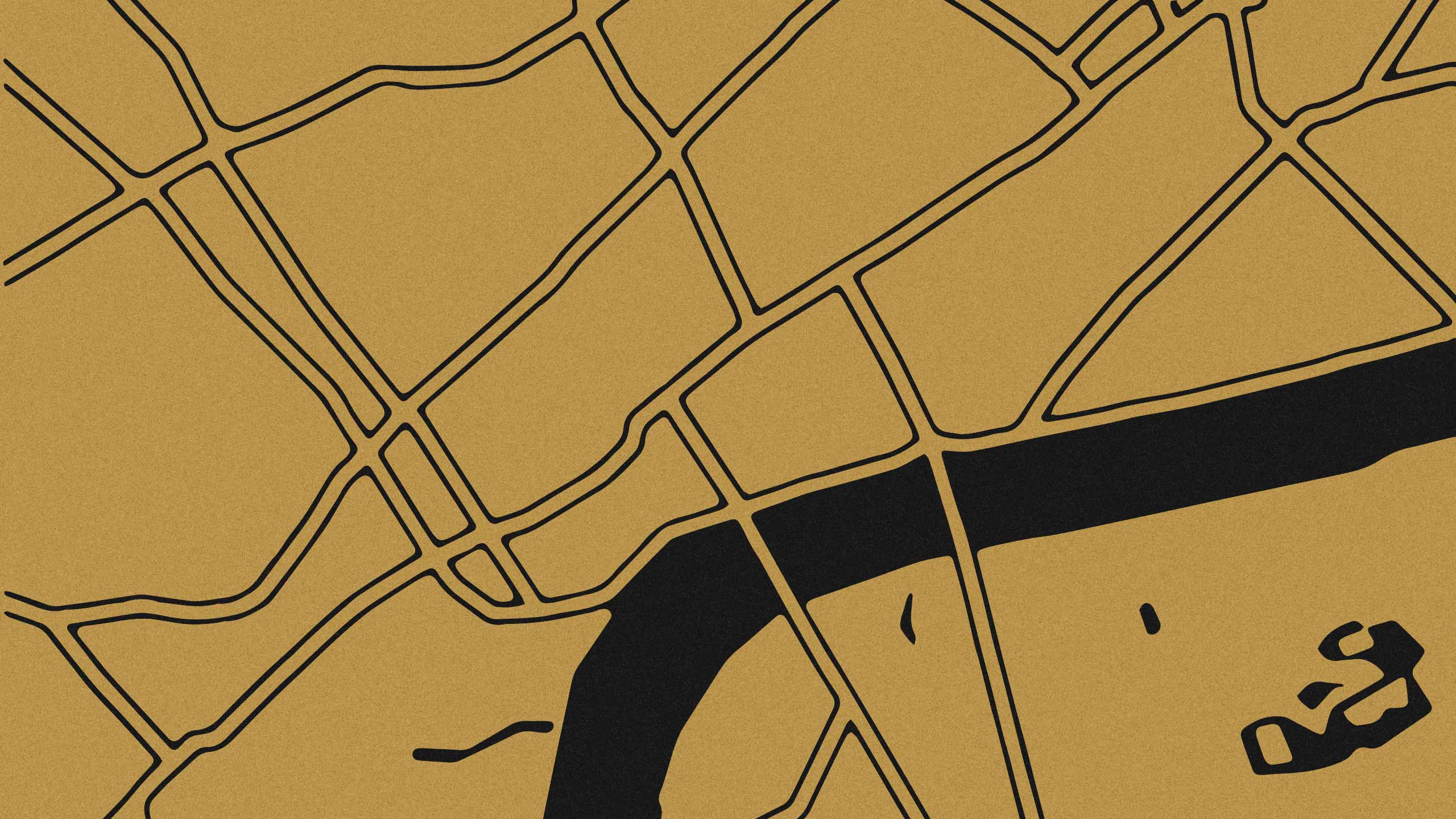The familiar regimented rows of Aesop formulations on the shelves of Aesop Gough Street have been cleared away to make way for an ephemeral display of books—from novels to poetry collections and memoirs—curated by local Aesop staff and ZtoryTeller, an independent platform for new voices in art and writing. Encompassing a diverse range of authors, the library reveals how queer literature has evolved to reflect the myriad experiences within the community. For those unsure of which title to select, Aesop’s bibliophiles are on hand with personalised recommendations. The Aesop Queer Library is open until 31 October, 2:00pm. Following the event, a miniature version of the library will be housed at our Aesop Gough Street, Aesop Hysan Place and Aesop Festival Walk until 20 November.
The Aesop Queer Library
Amplifying queer voices
An ephemeral collection of books by LGBTQIA+ authors makes up the first Hong Kong branch of the Aesop Queer Library from 26 to 31 October, offering visitors a complimentary book of their choice, with no purchase necessary. Now in its second year, the initiative is founded on a belief in the transformative power of queer storytelling—its ability to broaden minds, embolden individuals and unite the community and its allies.
The reading list
The collection includes titles that span a wide range of genres and a multitude of voices, including In Your Spine by Canaan Fong, White Dirt by Samwai Lam and Yung Yung by Yin Lo—below, these writers share their thoughts on the importance of queer storytelling and representation in the arts.
Canaan Fong on living with authenticity
Canaan Fong is a writer, illustrator and lyricist. Published in 2020, her debut picture book You Said No speaks to the struggles of womanhood, body acceptance and social expectations through the semi-fictional character of Gigi Fong. Her latest piece of fiction, In Your Spine, will be released this October and is available to preview at the Queer Library.

What question would you like your work to provoke in the minds of your readers? How can we all encourage ourselves to believe that we are deserving of love? Are childhood traumas meant to be forgotten or can they be healed in adulthood? Where do we begin with self-healing? How do we bring the same compassion to our relationship with our family? Is there a certain book or literary character that has shaped your personal perspective on queerness? I read Princess Knight (藍寶石王子) when I was in primary school. In the comic book, an angel carelessly places both a male and a female heart into a baby before it is born. As the child grows up into a prince, he feels the need to hide his feminine side, until a requited love changes his perspective. This story planted a seed in my heart that gender is fluid and shouldn’t stop love from taking root. To love is to be free. From bookshops to community groups, what role have queer spaces played in your life? Queer spaces exude a sense of warmth and comfort, much like being around family. I have always worked at places that were created by or that have ties to the queer community. Being around like-minded people, who are open to discussing gender and sexuality, is when I feel supported and understood.
Samwai Lam on embracing different perspectives
Art critic, editor and writer Samwai Lam is the author of two novels. Published in 2016, Lam’s debut work, White Dirt, unfolds around a tale of generational trauma and the nuances of quotidian living.

What questions would you like your work to provoke for readers? I hope readers find empathy when they read my work and are encouraged to step into others’ shoes, to imagine circumstances very different from their own—be it race, age, gender or sexuality. The ability to appreciate a way of living that is distinct to one’s own is a sign of positive change. Is there a certain book or literary character that has shaped your personal perspective on queerness? Enigma Variations by André Aciman blew me away. Over five novellas, the reader becomes acquainted with Paul at different stages of his life, in which time he dates a woman, reunites with a college girlfriend, and encounters a love interest. Aciman’s prose lends itself to ambiguity, reflecting the multifaceted nature of life, while his portrayal of the bisexual experience feels very real. What more can artistic institutions do to amplify marginalised voices? Artistic institutions need to create spaces where marginalised voices can be heard. Representation is vital for all kinds of equality.
Yin Lo on having a voice
Yin Lo is a Hong Kong-born and London-based writer, whose work examines queer identity, sexuality and the diasporic experience. In 2019, she published Yung Yung—a complex tale of desire, and her first novella.

What questions would you like your work to provoke in the minds of your readers? I hope that my work invites contemplation and encourages my readers to feel deeply. We all need a window to breathe and forget about the outside world every so often. I try to normalise things that we see as marginalised in my writing to re-examine what is considered 'normal’. It would be an achievement for me if my readers were to explore a world outside their own and challenge their ways of thinking. Why do you think the arts are such an important cornerstone for the queer community? Empowerment comes about when a work resonates with its audience. Through creative expression, we acknowledge other people’s hardships, struggles, discontent as well as joy, bliss and liberation. Stories have to be told, read and passed on, to remind us of our community through shared experiences. From bookshops to community groups, what role have queer spaces played in your life? When you run out of gas, you go to a petrol station. That’s what queer spaces are to me—somewhere that I refuel my queer self. A place for me to be who I am, to talk and connect with my people, to let my guard down and relax, to nurture and be nurtured, to support and find support, to accept and be accepted. It’s where we give and take, laugh and cry.
